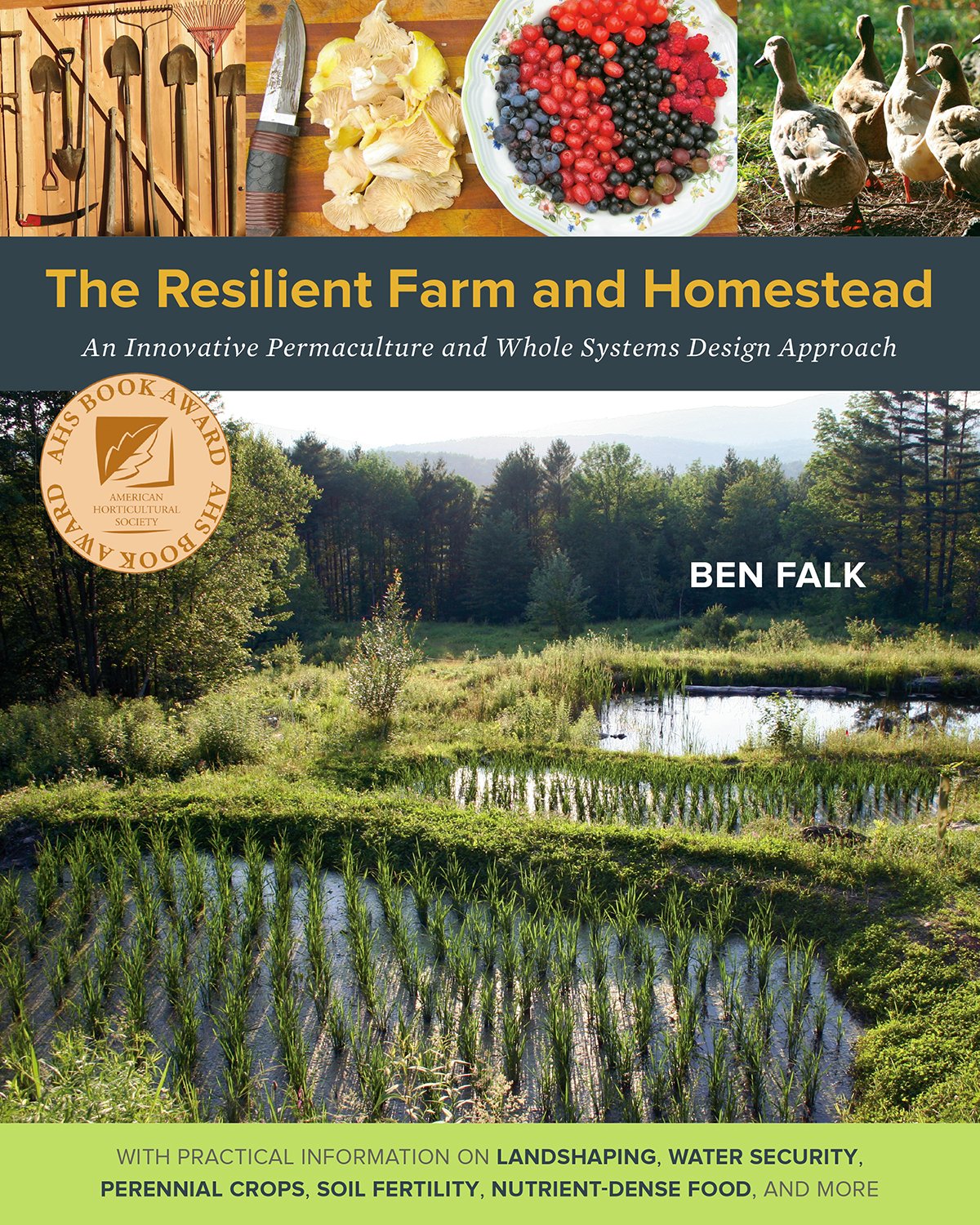
 3
3













 We're very much interested in your new book!
We're very much interested in your new book!



 2
2








Matu Collins wrote:One thing I really appreciate about this book is how he discusses his experience of implementing permaculture principles and practices. It's real hands-on practical information. For example, in the implementation of orchard guilds he talks about how planting rows with alleys between that can be mowed or grazed makes maintenance easier in a zone away from the house. Maintaining systems over time is a real focus of mine and this book has more of that than most permaculture/gardening books do.




Permaculture Design and Consultation.
-Commercial Aquaponics System Design
-Passive Solar Greenhouses
PermacultureSchools.com ~ Permaculture Schools Blog
 1
1








Pay attention to how you spend your days. Before too long it's how you live your life.













"Instead of Pay It Forward I prefer Plant It Forward" ~Howard Story / "God has cared for these trees, saved them from drought, disease, avalanches, and a thousand tempests and floods. But he cannot save them from fools." ~John Muir
My Project Page




![Filename: 8acorns.png
Description: [Thumbnail for 8acorns.png]](/t/20901/a/34293/8acorns.png)
Outdoor and Ecological articles (sporadic Mondays) at http://blog.dxlogan.com/ and my main site is found at http://www.dxlogan.com/




You do not have to be good. You do not have to walk on your knees for a hundred miles through the desert repenting. You only have to let the soft animal of your body love what it loves. -Mary Oliver










“Enough is as good as a feast"
-Mary Poppins
 1
1





-- Wisdsom pursues me but I run faster.




 1
1




I want to be 15 again …so I can ruin my life differently.
 1
1




“If we are honest, we can still love what we are, we can find all the good there is to find, and we may find ways to enhance that good, and to find a new kind of living world which is appropriate for our time.” ― Christopher Alexander

| I agree. Here's the link: http://stoves2.com |
.jpg)








